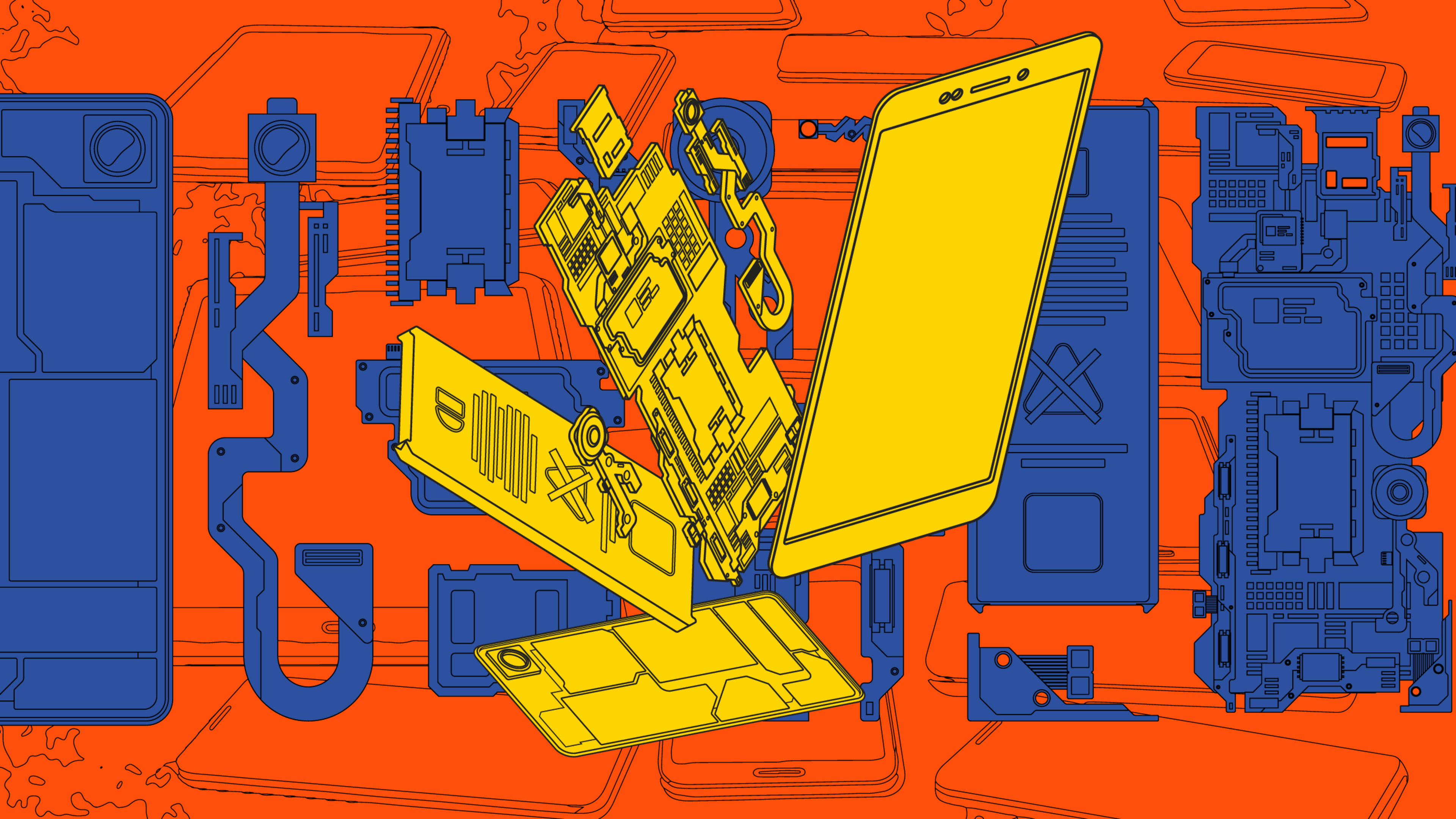If the screen breaks on your iPhone and you try to replace it with an identical used screen, you’ll see an error message: “Unable to determine if your iPhone display is a genuine Apple part.” Face ID and touch ID might no longer work. The front-facing camera and auto-brightness might also stop working.
It’s one example of a manufacturer controlling the repair process. Apple uses software to identify parts of the phone, and it will only work correctly if you buy a new screen from Apple.
And it’s not just Apple. Your washing machine or car might require expensive manufacturer software—accessible only by some repair people—to install replacement parts. A range of other consumer electronics, from food processors to TVs to chain saws, also use software to identify parts and restrict repair. That means that you end up paying more to fix products. Depending on the product, the repair may be so expensive that you end up just buying a brand-new phone or toaster, and the pile of electronic waste grows.
Oregon’s groundbreaking new right-to-repair law
But a recently passed right-to-repair law in Oregon is the first to tackle the practice, called “parts pairing.” Other states may soon follow. Oregon’s law will take effect next year. Brands will no longer be able to sell new products that stop working correctly after a repair with a functional replacement part. The new law, and the threat of more laws, is already nudging companies to act. On Thursday, weeks after the law passed, Apple announced that it would begin supporting some used parts for the iPhone 15—at least if those parts were made by Apple. (The Oregon law will require manufacturers like Apple to allow consumers to use any replacement parts, including cheaper parts made by different companies, in products manufactured after next year.)
Recognize your brand’s excellence by applying to this year’s Brands That Matter Awards before the early-rate deadline, May 3.
